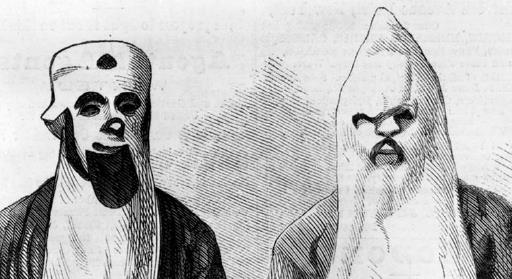The Waite Court (1874–88)Racial Discrimination/civil Rights |
The Waite Court protected African American rights to serve on a jury in what famous decision? |
The Waite Court ruled 7–2 in Strauder v. West Virginia (1880) that a state law limiting jury service to whites violated the Equal Protection Clause of the Fourteenth Amendment. The law limited jury service to “all white male persons.” Tyler Strauder, an African American convicted of murder by an all-white jury, contended that he should have a new trial because his constitutional rights were violated by a system that ensured he was not tried by a jury of his peers. The Court determined that the Equal Protection Clause was designed to “protect an emancipated race and to strike down all possible legal discriminations” against African Americans.
Writing for the majority, Justice William Strong said, “That the West Virginia statute respecting juries—the statute that controlled the selection of the grand and petit jury in the case of the plaintiff in error—is such a discrimination ought not to be doubted. Nor would it be if the persons excluded by it were white men. If in those States where the colored people constitute a majority of the entire population a law should be enacted excluding all white men from jury service, thus denying to them the privilege of participating equally with the lacks in the administration of justice, we apprehend no one would be heard to claim that it would not be a denial to white men of the equal protection of the laws. Nor if a law should be passed excluding all naturalized Celtic Irishmen, would there be any doubt of its inconsistency with the spirit of the amendment. The very fact that colored people are singled out and expressly denied by a statute all right to participate in the administration of the law, as jurors, because of their color, though they are citizens, and may be in other respects fully qualified, is practically a brand upon them, affixed by the law, an assertion of their inferiority, and a stimulant to that race prejudice which is an impediment to securing to individuals of the race that equal justice which the law aims to secure to all others.”

